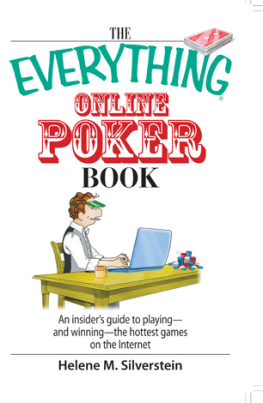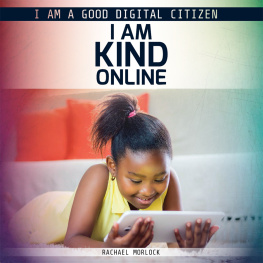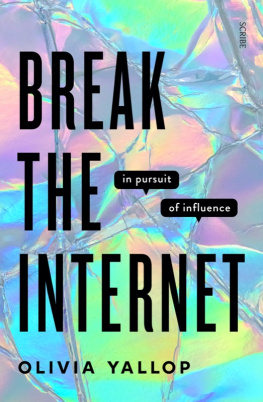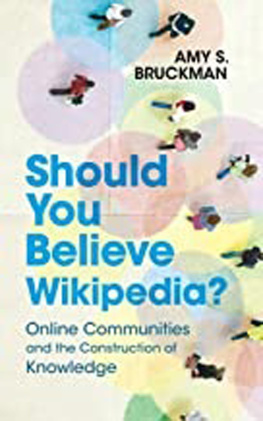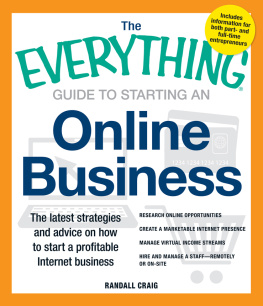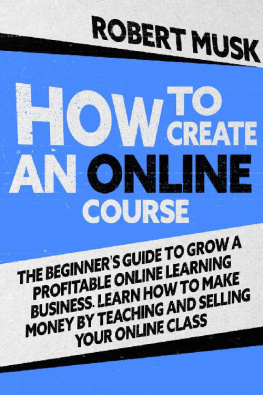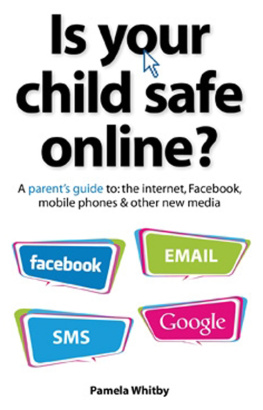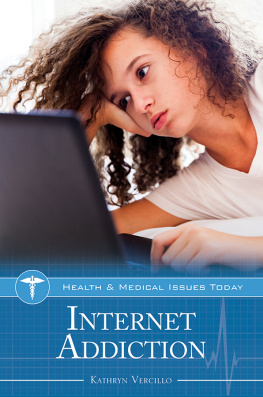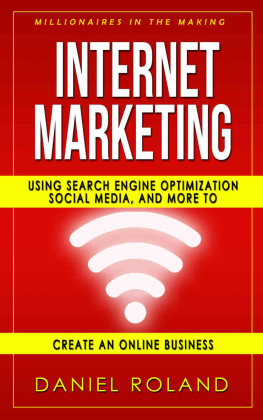
Whats the point of getting offline in little bits, or curbing certain habits, or trying to work smarter, when were likely going to be chained to some form of device forever and ever? (Unless the cabin in the woods thing works out ).
Its about your brain. Your wellbeing and your health. Your relationships. Your text neck. Its about trying to ensure that excuse the drama when youre old and on your deathbed, youre not feeling a medley of devastated and resentful about all that time spent nose buried in screen. That youre not wishing you did more jumping and running and screaming and kissing, and less retweeting. More generally, its about trying to make ourselves truly, properly happy. Not the kind of happy that comes from a meme (little, inside our head, a few messages back and forth in the DMs between friends), but the kind of happy that lives in us every day. The kind of happy that makes us better to be around, nicer to live with, more wonderful to know. The kind of happy you write home about.
You might not be there quite yet. I dont expect anything written in these pages has done something miraculous already, because even with the muting and deleting of the apps, youre still going to feel very tethered to your beautiful devices. That lovely, shiny little friend that you spent so long customising, teaching to know you, filling with things you care about. The thing that keeps you connected to Teresa in Guadalajara and Martin from that philosophy elective you took. The thing that keeps you plugged into the culture and totally-completely-always-abreast of the Happenings. That thing you adore because it, for some reason, always has videos of dogs doing stuff inside of it.
And, who knows, maybe you wont end up changing anything. Maybe youll decide you actually love the mind-numbing stuff, that you dont want to change and youre sick of trying to be good, and everything was actually perfect before this book came along and messed it all up. Or maybe youll find that you do change. That things feel a bit different, or more possible. Maybe youll find that you dont really miss it like you thought you might, that it all becomes less shiny, less cool-to-the-touch, less of interest every day. That while youre still using it and occasionally loving it, youre not posting as much, so the likes arent trickling in as often, and theyve begun to lose some of their meaning. Maybe youll find that lurking becomes more tedious, and mentions feel a bit like a burden. And that youre better off just dipping in now and then. If all goes to plan, you might find that the times you do engage feel fruitful and real, like sharing or gleaning important information, and staying up to date in the way you thought you were before. And that youre actually growing old, kind of. Getting more interested in birds and the sky at dusk and walking to work instead of catching that Uber you couldnt afford.
The hardest part will involve actually caving and resisting the urge to make a big deal out of it. Its fine, and bound to happen. Youll miss the timeline, the hours of meaningless fun. And theyll miss you. Thats the hurtling freight train of life and theres not much you can do to stop it.
But no matter how much you stumble and splutter, youll probably find the space between you and the internet widening, becoming more interesting, more full of potential. Maybe not so different to surfing after all.
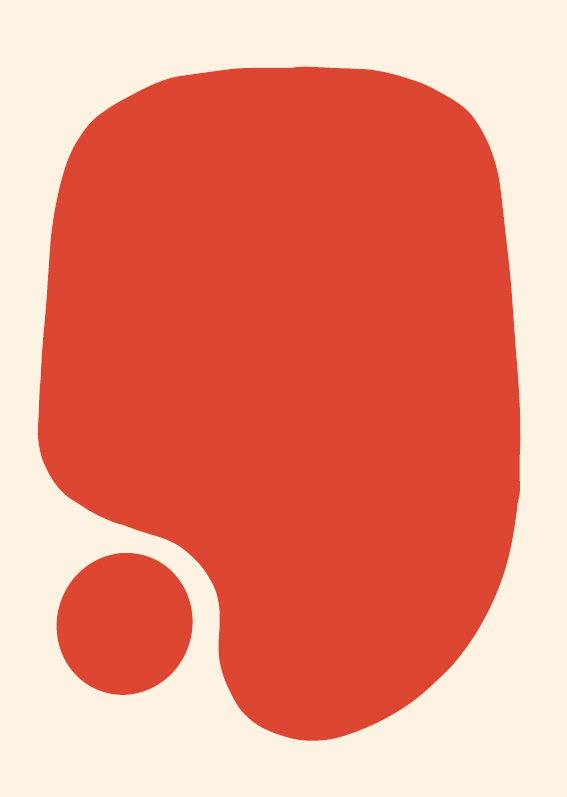
Id like to acknowledge the Traditional Custodians of the land on which Im able to live and work, the Wurundjeri people of the Kulin Nation, whose culture is among the oldest living cultures in the world. Id also like to extend my gratitude and respect to all Aboriginal and Torres Strait Islander people, and recognise the resilience and strength of your continuing cultures, and the monumental contributions made to our region, despite ongoing colonisation.
I believe in land rights, Treaty, and I recognise that sovereignty was never ceded.
If you are not Indigenous and, like me, live on stolen land, please join me in finding a way to make some kind of ongoing contribution to a relevant organisation as a form of paying the rent.
Quoted in this book:
* Dont Colley, dancer (@donte.colley)
* Ashley Feinberg, journalist (@ashleyfeinberg)
* Tavi Gevinson, writer and founder of Rookie (@tavitulle)
* Jenny Odell, author of How To Do Nothing: Resisting the Attention Economy (@the_jennitaur)
* Doreen St Flix, staff writer at The New Yorker (@dstfelix)
* Jia Tolentino, author of Trick Mirror: Reflections on Self-Delusion (@jiatolentino)
* Darcie Wilder, author of Literally Show Me a Healthy Person (@333333333433333)
* Jaboukie Young-White, writer and comedian (@jaboukie)
Publications:
* WIRED
* Quartz
* Vulture
* The Cut
* The Big Issue
* Jezebel
* The New Yorker
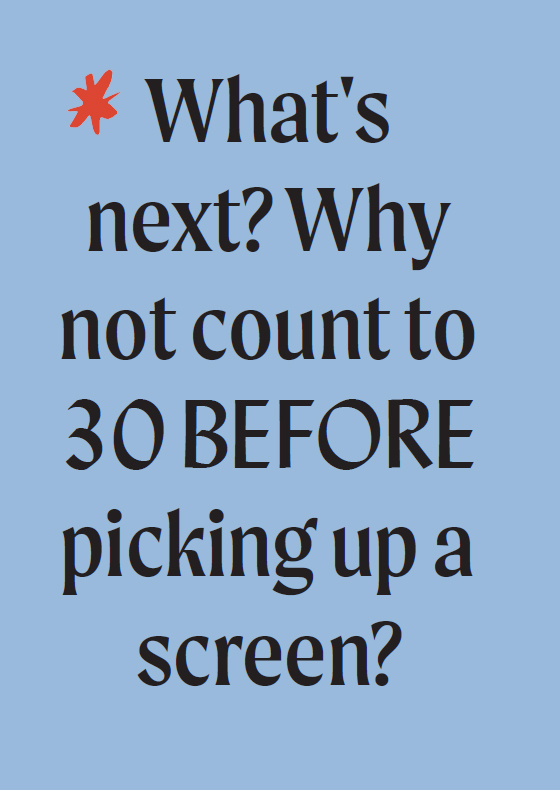
The first website I remember visiting was a website that I made. Except I didnt make it, my friend Nabila did because I had no idea how and she was a lot smarter than me. Mostly, I just sat there behind her in the half-dark of her parents study, helping her choose between colours and sparkles and telling her which images I thought should be put where. Our website my first website but not Nabilas was a fan site dedicated to the movie Titanic. Which is perfectly normal because the year was 1998 and this was the most important thing on the planet at the time. And my god, it was wonderful. Orange and glittering with animated bits and pictures of Kate Winslet with ornate frames that danced from side to side. It wasnt just a site or a page: it was a place. A place I couldnt stop thinking about, not in the car on the way home, not during dinner and not later, in bed, where I lay staring at the ceiling, completely electrified.
Before apps came along, these websites were the internet. Chat rooms and fan sites and pages dedicated to extremely specific eras in history, laid out in impossible-to-read royal blue Times New Roman.
From Titanic fan sites we, as a collective, moved onto stranger (and better) things. Rotten.com and Neopets and Blingee. Message boards, which were really just chat rooms with more rules. Angelfire and DeviantArt and Fandomination.net. We were chatting to our friends and randoms on MSN Messenger, changing our statuses twice daily to read extremely important things like .::**can i borrow a kiss? i promise ill give it back**::.. From there, it escalated thrillingly into MySpace and its skins and top friends, teaching ourselves HTML, video editing and Photoshop. Quickly becoming expert at finding our crushes homes on Google Street View, selling our things on eBay when we needed money for eBay purchases, and telling all of Facebook we were not feeling great but doubt anybody actually cares. Then we were tweeting and posting to Instagram, and emailing ten hours a day for a job. And before we knew it, everything had moved online. And then some.
Banking, shopping, meeting new people and falling in love went online. And in no time we were doing dances, doing other dances, and dropping buckets of ice water on our heads for charity. Waking up to like, dislike, share, share, share. Scrolling into the Great Beyond.
Its easy to look back on it all and wonder what happened, to ask if our desire for making the internet Do Everything was part of the human condition and inevitable or if we could have slowed the momentum back when we still had time.
Next page

